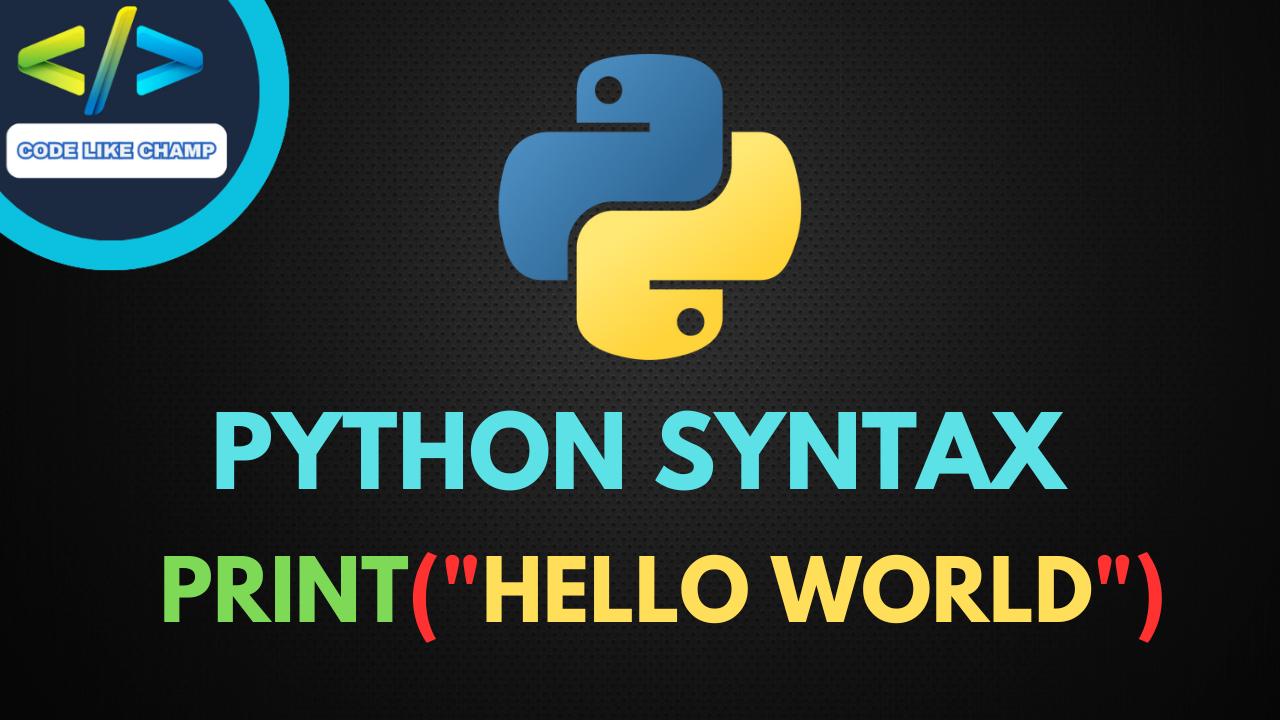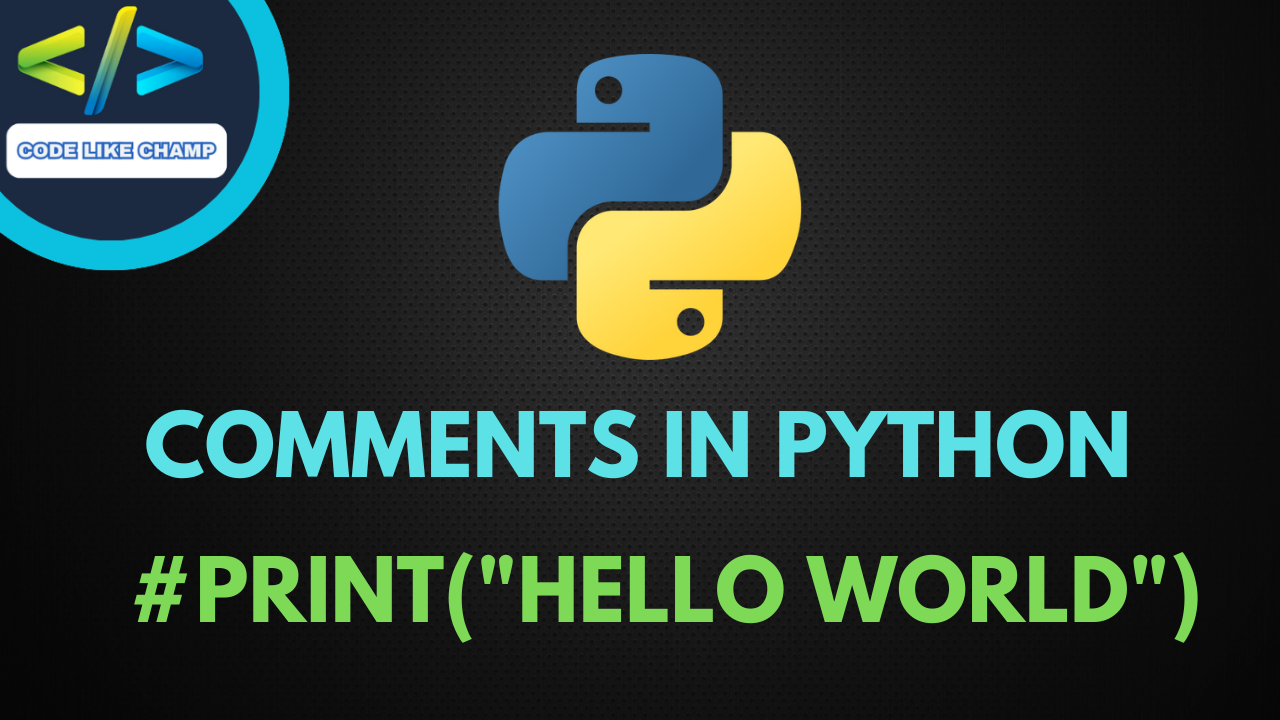Table of content: python metaclass
- Introduction to Python metaclass
- Understanding Metaclasses
- Power of Metaprogramming
- Creating Custom Metaclasses
- Metaclasses Use Cases
- Conclusion

Introduction to Python Metaclass
In the context of Python programming, there is a concept that enables developers to manipulate the very fabric of classes: metaclasses. Python Metaclass provide a higher level of control over class creation and behavior modification, allowing for powerful metaprogramming techniques & methods. In this article, you will know about metaclasses and their applications in the Python world. If you face any kind of problem or issue kindly comment under post in comment section.
Understanding Metaclasses
A metaclass is a class for classes. In simpler terms, while a class defines the structure and behavior of objects as we all know, but a metaclass defines the structure and behavior of classes themselves. When a new class is created, it’s an instance of its metaclass. Python’s default metaclass is aptly named type.
Power of Metaprogramming
Metaclasses are like tools that help developers make classes in a convenient way. It’s similar to customizing how things work in a video game. You can use metaclasses to easily change what a class can do or how it behaves. Through this you can makes classes, Learn new tricks all by themselves or making sure they follow certain rules when you use them. It’s a bit like having a magic wand to make classes even better!
Creating Custom Metaclasses
To Understand the concept more well, let’s create a custom metaclass named SingletonMeta. This metaclass will ensure that only one instance of a class exists at a time:
class SingletonMeta(type):
_instances = {}
def __call__(cls, *args, **kwargs):
if cls not in cls._instances:
cls._instances[cls] = super().__call__(*args, **kwargs)
return cls._instances[cls]
class SingletonClass(metaclass=SingletonMeta):
def __init__(self, value):
self.value = value
In this example, the SingletonMeta metaclass overrides the __call__ method to manage singleton instances of classes. When we create instances of SingletonClass, only one instance will ever be created.
Practical Use Cases of Metaclasses
Metaclasses are like helpers that come in handy when you want to make sure your code is neat, follow certain patterns, or do things automatically. For example, you can use them to easily create shortcuts for working with your code’s parts, saving you from writing the same stuff again and again. It’s like having a tool which tidies up your work and makes it faster!
class PropertyMeta(type):
def __new__(cls, name, bases, attrs):
for attr_name, attr_value in attrs.items():
if isinstance(attr_value, property):
if not attr_value.fget:
attr_value.fget = lambda self, name=attr_name: self.__dict__[name]
if not attr_value.fset:
attr_value.fset = lambda self, value, name=attr_name: setattr(self, name, value)
return super().__new__(cls, name, bases, attrs)
class PropertyExample(metaclass=PropertyMeta):
@property
def dynamic_property(self):
return self._dynamic_property
@dynamic_property.setter
def dynamic_property(self, value):
self._dynamic_property = value
This PropertyMeta metaclass automatically generates getter and setter methods which we also called(accessor and mutator methods/fucntion)for attributes defined as properties in classes that use it.
Conclusion to Python Metaclass
Now in last i want to say that, Metaclasses and metaprogramming are advanced concepts that enable Python developers to shape class behavior dynamically. By the usage of metaclasses, you gain the power to automate tasks, enforce coding standards, and create sophisticated design patterns.
In future articles, we’ll continue to explore other advanced Python concepts, from descriptors and context managers to memory management and dynamic code execution. For that you must subscribed to our community or registered on our website it is free!!!
Visit my Website to Learn more about Python Programming
Link: https://Codelikechamp.com
You can also follow me on Medium and Linkedin, Where i also share such amazing information just for you it is free so let’s study together.
Medium Link: Follow me on Medium
Linkedin Link: Follow me on Linkedin





Hi there, I discovered your blog by way of Google while searching for a comparable topic, your website got here up, it
seems great. I have bookmarked it in my google bookmarks.
Hi there, simply turned into alert to your blog thru Google, and located that it’s
really informative. I’m gonna watch out for brussels.
I’ll appreciate in case you proceed this in future.
Lots of other folks might be benefited out of your writing.
Cheers!
Hello! Thank you so much for stumbling upon my blog through Google and taking the time to check it out. I’m delighted to hear that you found the content informative and worth bookmarking. I’ll certainly do my best to continue providing valuable information in the future.
It’s fantastic to know that you’ll be keeping an eye out for updates. If you have any specific topics or questions you’d like to see covered in the future, please feel free to let me know. Your feedback and suggestions are always appreciated.
I hope my future posts will be of even more benefit to you and many others. Thanks for your support, and I look forward to sharing more content with you in the days to come!
Please share as much as you can if you have any question or you want to ask something you can just contact me personally no problem.